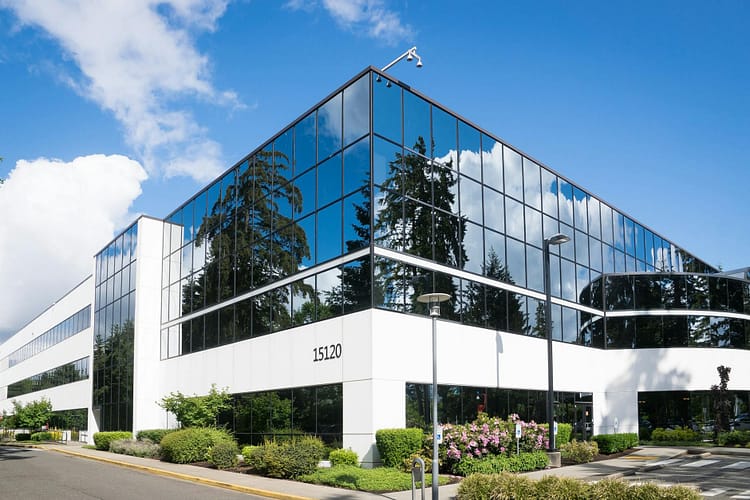As your business expands to new levels, moving to a new commercial property might be in your plans. Whether your current premises have outgrown themselves or you need to streamline for efficiency, taking the leap can be both exciting and frustrating. It requires managing both selling your old one as well as finding its replacement, but with proper strategy and preparation the transition should go smoothly.
Table of Contents
Assessing Your Business Needs
Before browsing property listings, take stock of what your business requirements are now and will be in five or ten years’ time. Don’t outgrow your space before getting comfortable. It is also wise to consider location, size, accessibility and amenities. For example a bustling city centre office may host clients better than an expansive warehouse out in the suburbs? Make a list of must-haves and nice-to-haves such as internet connection vs views over River Thames. Just keep this investment as an expense and should help your company flourish over time versus its suffocated finances due to poor decisions taken regarding property acquisition.
Photo by Kelly Sikkema on Unsplash
Timing Is Everything
Timing can be one of the trickiest parts of moving. In an ideal world, your current property should sell simultaneously with closing on its new one. But we live in an imperfect world. Determine how quickly properties in your sector are selling. Hot markets could result in faster sales, slow markets could keep your old property for longer than planned. Create a timeline that takes market conditions into account and plan ahead for this step. Don’t leave planning your move until the last minute as planning ahead can save you both time and headaches later down the line.
Setting the Right Price for Your Old Property
Selling old commercial properties is no small undertaking, but setting an appropriate price makes a major difference in its success. Too high an asking price means your old property could languish for months on end or too low and you could leave money on the table. Both are not ideal scenarios for your business bottom lines. Work with a professional valuer to assess its worth (remembering to factor location, age and current market conditions). Once you have this figure, work with an estate agent to make sure that it remains competitive before considering ways to add appeal. Possibly painting or minor renovations could help significantly.
Finding Your Ideal Location
Now comes the exciting part, locating the ideal new space for your business. Keep everything you assessed earlier in mind when starting this search, working with an agent who understands your criteria to sift through listings that match them and your budget constraints to accommodate negotiations and potential renovations. When viewing potential properties, take note of both how they appear today as well as whether or not there’s room to add personal touches that meet your business requirements.
Financing the Purchase
Securing funding for your commercial real estate purchases can often be more complex than purchasing residential properties. While you could use business savings or even personal savings as options for funding a property purchase, many opt for commercial mortgage loans as they offer more secure solutions than personal savings accounts. Investigate various lenders to identify competitive rates and terms, or work with a commercial mortgage broker for ease of the process. A same day bridging loan can offer fast financing solutions when investing in property or when you need quick financing solutions for other needs. As with a loan, short-term borrowing allows you to access money for short periods (usually 1-18 months) before repaying in full. Leasing may be preferable when businesses don’t want long-term commitments.
Navigating Legalities and Paperwork
Be ready, you are going to face an immense mountain of paperwork. Contracts of sale, mortgage agreements, property surveys (to name but a few) require careful management in order to protect against future legal nightmares. A thorough due diligence process should also take place. Building surveys are very important in revealing any hidden issues within the property while environmental checks should also be included as they might impact waste disposal requirements and zoning compliance requirements.
Photo by Scott Graham on Unsplash
Conclusion
Finding and purchasing a commercial property may feel like an uphill battle at times, but it’s all part of expanding your business. By conducting extensive research, gathering a trustworthy team and remaining flexible during the transition, you should be well-prepared for change that may transform your business for the better. Change can be frustrating at first, but with careful planning and some patience along the way you will soon be cutting the ribbon on your brand-new workspace.

